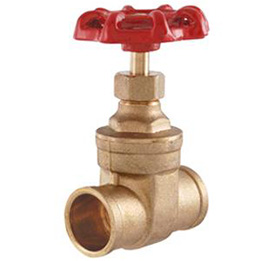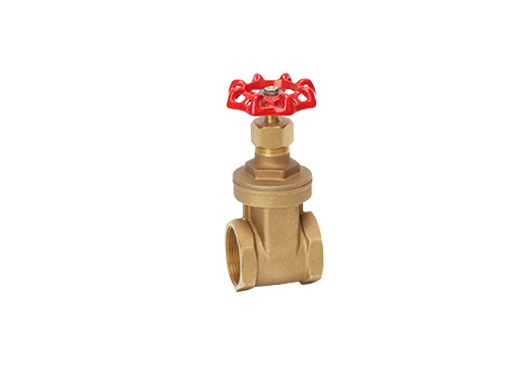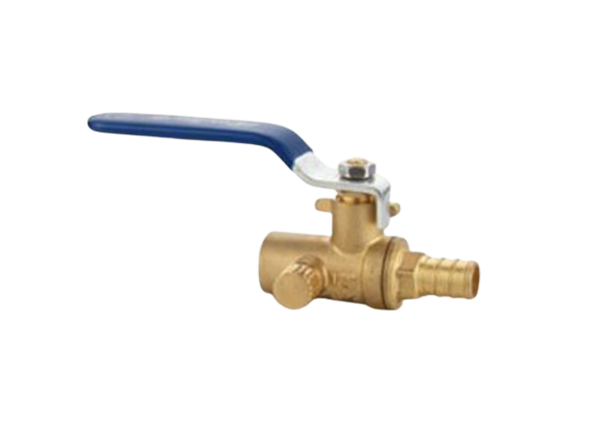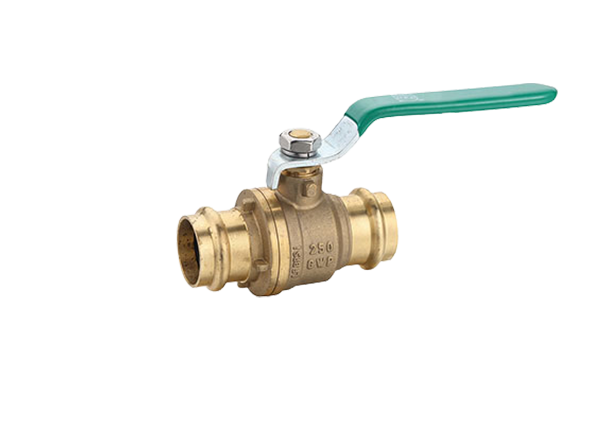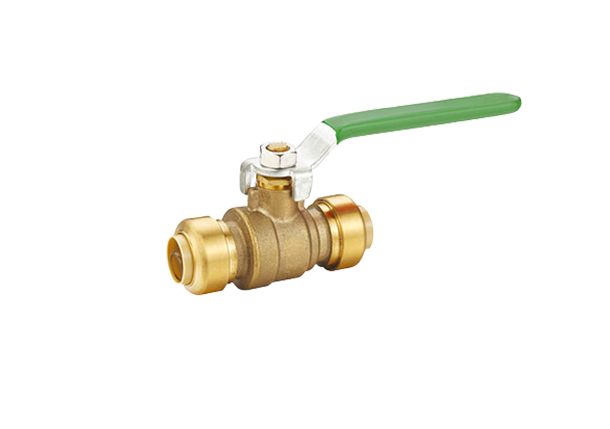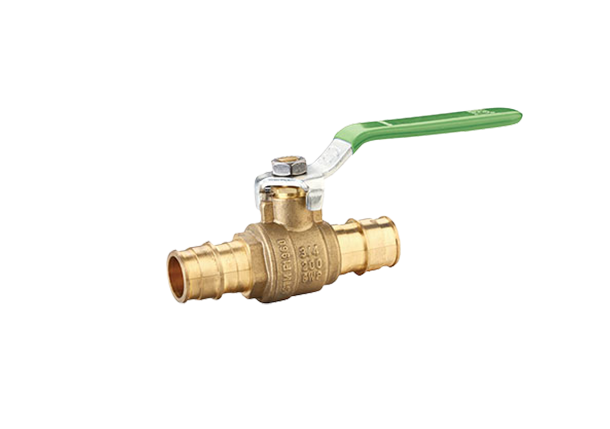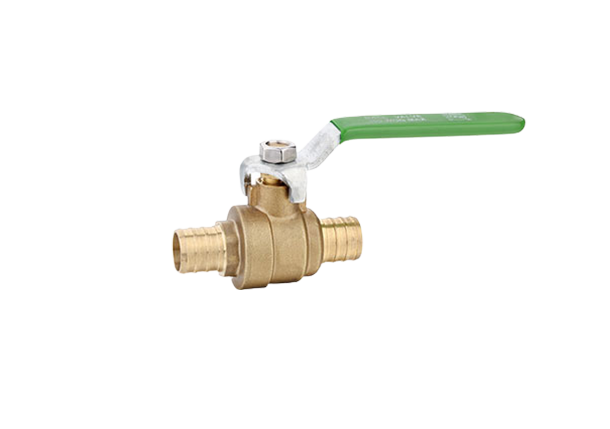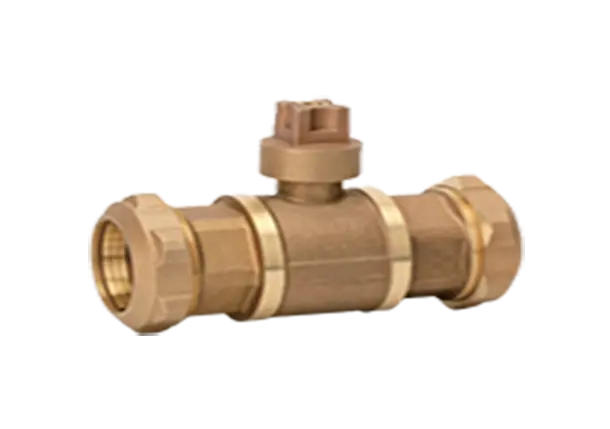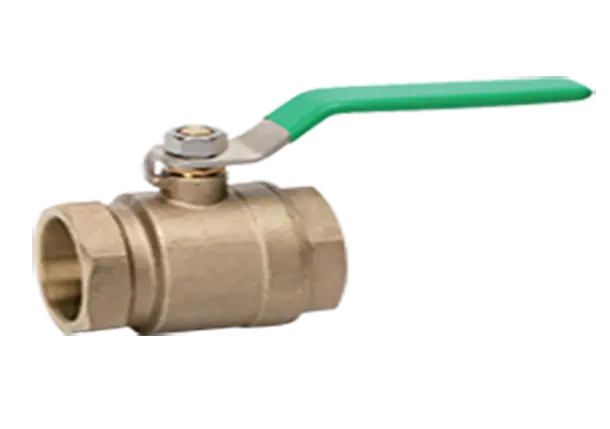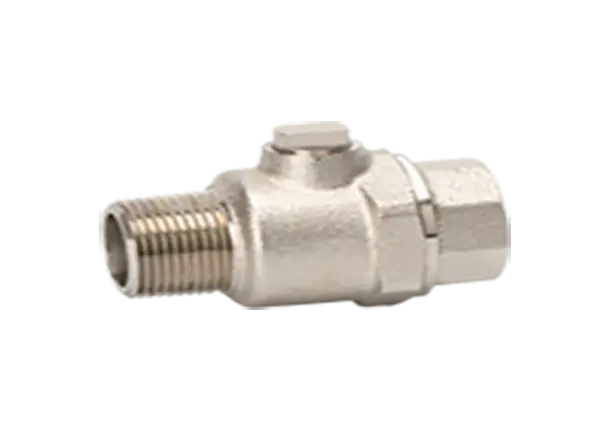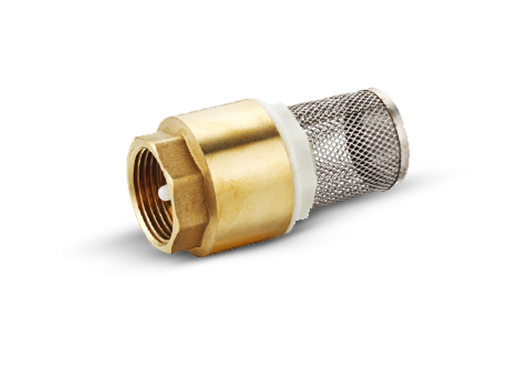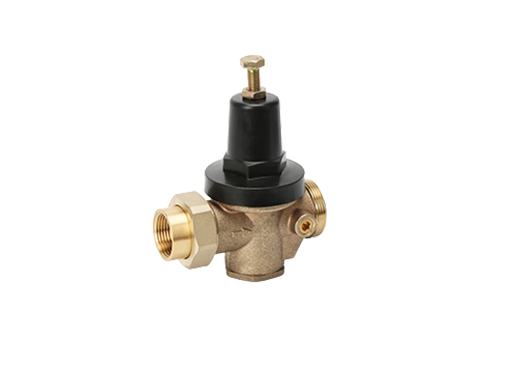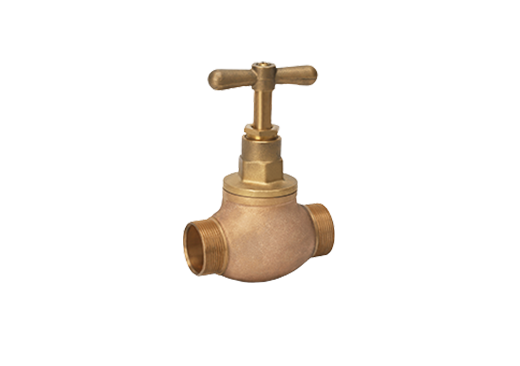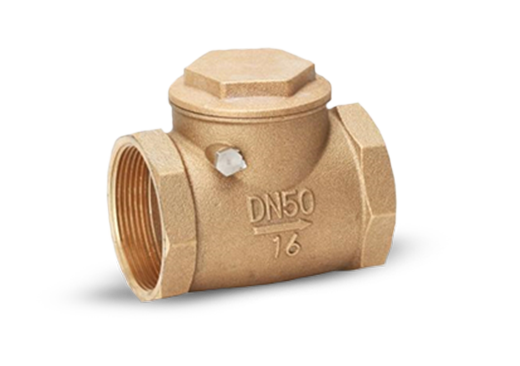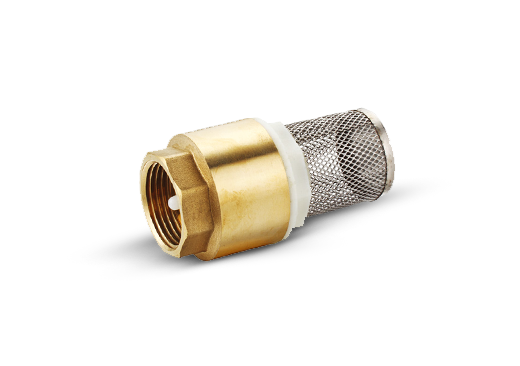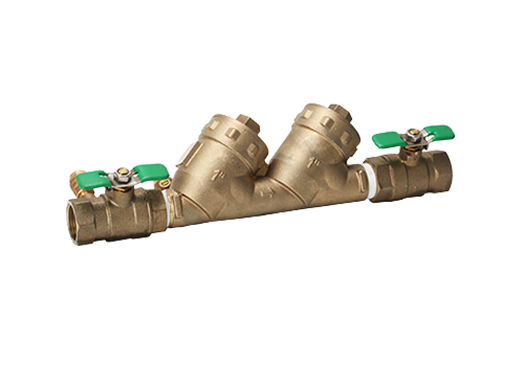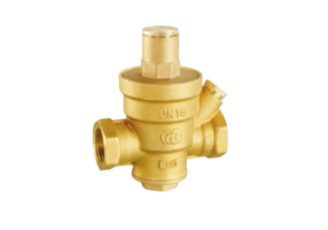Brass Valve Manufacturer Complete Guide
Brass valves are some of the most versatile and widely used valves in various industries due to their affordability, durability, and corrosion resistance. This guide will delve into the world of brass valve manufacturer, exploring different types, applications, and factors to consider when choosing the right one for your needs.
Types of Brass Valves:
Brass valves come in various configurations, each catering to specific applications:
Ball Valves: Offer quarter-turn operation for quick on/off control. Popular for general-purpose applications like water and air lines.
Gate Valves: Provide precise flow regulation and tight shut-off. Used in high-pressure applications like oil and gas pipelines.
Globe Valves: Offer throttling control for regulating flow rate. Suitable for applications requiring precise flow adjustment, like chemical processing.
Check Valves: Allow flow in one direction and prevent backflow. Used in pumps, compressors, and other systems to prevent reverse flow.
Diaphragm Valves: Feature a flexible diaphragm for leak-proof closure, ideal for handling slurries and abrasive fluids.
Applications:
Brass valves find applications in diverse industries, including:
Plumbing: Residential and commercial plumbing systems for water and gas lines.
HVAC: Heating, ventilation, and air conditioning systems for controlling fluid flow.
Industrial: Chemical processing, oil and gas, power generation, and other industrial applications for handling various fluids.
Marine: Used in boats and marine equipment for controlling water and fuel flow.
Instrumentation: Used in control systems and instrumentation for precise flow regulation.
Choosing a Brass Valve Manufacturer:
Selecting the right manufacturer is crucial for quality and performance. Here are some key factors to consider:
Reputation and Experience: Choose a manufacturer with a proven track record and extensive experience in brass valve production.
Product Range: Ensure they offer a variety of valve types and sizes to meet your specific needs.
Quality Standards: Look for certifications like ISO 9001 or ASME, indicating adherence to international quality standards.
Material Quality: Verify the use of high-grade brass alloys for durability and corrosion resistance.
Manufacturing Process: Ensure they employ advanced manufacturing techniques for consistent quality and reliability.
Testing and Inspection: Choose a manufacturer that conducts rigorous testing and inspection of their valves before shipment.
Customer Service: Opt for a manufacturer with responsive and knowledgeable customer service to address any concerns.
Price and Value: Consider the overall value proposition, balancing price with quality, performance, and warranty.
Tips:
Lead Times: Factor in production and delivery lead times when planning your project.
Customization: Some manufacturers offer customization options to cater to specific needs.
Minimum Order Quantity (MOQ): Be aware of the minimum order quantity required by the manufacturer.
After-Sales Support: Choose a manufacturer with readily available after-sales support for troubleshooting and spare parts.
Brass valve manufacturer offer a vast array of options for various applications. By understanding the different types, applications, and key selection factors, you can choose a reliable and reputable manufacturer to meet your specific needs and ensure the optimal performance of your brass valves. Remember, consulting with a qualified engineer or valve specialist is always recommended for technical guidance and specific recommendations.
Different Carbo Valves For Sale

